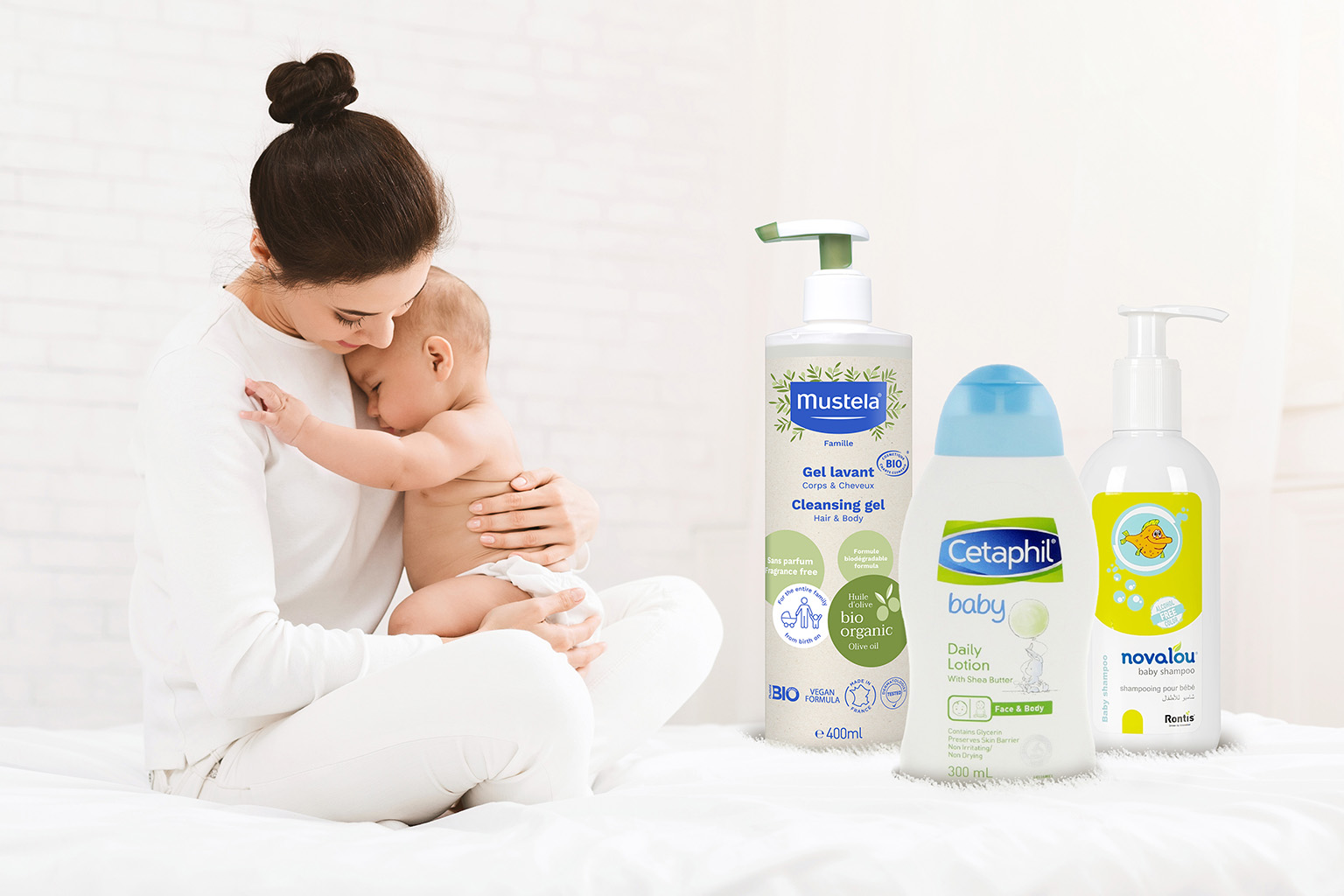How to Use Claritin to Relieve Seasonal Allergy Symptoms
Content
- Introduction
- What Are the Symptoms of Seasonal Allergic Rhinitis?
- How to Protect Yourself from Seasonal Allergies
- What is Claritin?
- Why is Claritin Used for Seasonal Allergies?
- How Does Claritin Relieve These Symptoms?
- How to Use Claritin for Best Results
- Recommended Dosage of Claritin
- Potential Side Effects of Claritin
- Important Notes Before Using Claritin
- Conclusion
Introduction
Seasonal allergies are a common health issue affecting millions of people worldwide, especially during the spring and fall when pollen levels are high in the air. This condition occurs when the immune system reacts to harmless substances such as pollen, dust, or animal dander, leading to the release of histamine in the body. Histamine causes a range of uncomfortable symptoms such as sneezing, runny nose, itchy eyes and nose, and sinus congestion.
The severity of symptoms varies from person to person, and in some cases, it may affect daily life, sleep, or work. Fortunately, effective and safe medications are available to help control seasonal allergy symptoms and reduce their severity, with Claritin (Loratadine) being one of the most prominent. Claritin contains the active ingredient Loratadine, known for its ability to relieve symptoms without causing drowsiness.
What Are the Symptoms of Seasonal Allergic Rhinitis?
Symptoms of seasonal allergic rhinitis occur when the immune system overreacts to natural substances in the air, such as pollen, dust, or animal dander. When exposed to these triggers, the body releases histamine, causing a range of bothersome symptoms, which vary in severity among individuals.
The most common symptoms include:
Frequent Sneezing:
One of the earliest and most common signs, caused by irritation of the nasal lining when inhaling allergens.
Runny or Stuffy Nose:
Excess mucus production in the nasal passages can lead to difficulty breathing or a blocked nose.
Itchy Nose, Throat, and Eyes:
Individuals often feel a strong urge to rub their nose or eyes due to allergic inflammation of the mucous membranes.
Red and Swollen Eyes (Allergic Conjunctivitis):
Eyes may become red, irritated, and watery due to pollen or dust exposure.
Sinus Congestion:
Inflammation can cause swelling in the nasal lining and sinuses, leading to mild headaches or facial pressure.
Coughing or Allergic Cough:
In some cases, inflammation may extend to the throat, causing a persistent dry cough, especially when exposed to cold air or pollutants.
Fatigue and Difficulty Concentrating:
Some individuals experience general fatigue or reduced focus due to poor sleep caused by nasal congestion or nighttime coughing.
Temporary Loss of Smell or Taste:
This may occur due to chronic nasal blockage and usually resolves after symptoms subside.
These symptoms are considered seasonal because they typically appear during specific times of the year, especially in spring and fall when pollen levels are high. Although not usually dangerous, these symptoms can affect daily life, making it advisable to manage them with antihistamines like Claritin to reduce inflammation and congestion and improve breathing and comfort.
How to Protect Yourself from Seasonal Allergies
Preventing seasonal allergic rhinitis involves simple yet effective measures that reduce exposure to allergens and decrease symptom severity:
Avoid Allergens Whenever Possible:
-
Minimize outdoor activities on windy days or when pollen counts are high, especially during spring and fall.
-
Avoid areas with flowers or plants that may increase allergies.
Use a Mask:
-
Wear a mask when going outside to reduce inhalation of dust and pollen.
-
Use it also when cleaning the house or exposed to dust.
Keep Your Home Clean:
-
Regularly clean floors and surfaces to reduce dust accumulation.
-
Use air conditioners with HEPA filters to limit pollen spread indoors.
Wash Your Nose and Hands Regularly:
Nasal rinses with saline reduce pollen and irritants.
Washing hands and face after going outside prevents allergens from transferring to the eyes and nose.
Monitor Weather and Pollen Levels:
Use weather apps or specialized websites to track pollen counts, helping plan outdoor activities on low-pollen days.
What is Claritin?
Claritin (Loratadine) is a second-generation antihistamine (H1-antagonist) used to relieve allergy symptoms such as seasonal allergic rhinitis. Taken orally, Claritin reduces the effects of histamine released in response to allergens like dust, pollen, or animal dander.
Claritin is highly effective at relieving allergic symptoms without causing drowsiness, due to its limited ability to cross the blood-brain barrier, making it an ideal choice for those who need effective relief throughout the day without affecting focus or activity.
It is available in various forms suitable for different ages, including tablets for adults and syrup for children.
Why is Claritin Used for Seasonal Allergies?
Claritin is used to treat seasonal allergy symptoms such as sneezing, runny nose, itching, and watery eyes. Its active ingredient, Loratadine, works by blocking the effects of histamine, the chemical responsible for allergic reactions.
Being a second-generation antihistamine, Claritin relieves symptoms without causing drowsiness, making it suitable for daily use at work or school. It also helps reduce nasal and sinus congestion, improving breathing and overall comfort, making it one of the most effective and widely used medications for seasonal allergies.
How Does Claritin Relieve These Symptoms?
Claritin works by blocking histamine, the chemical released by the body in response to allergens such as pollen or dust. By preventing histamine from binding to receptors in the nose and eyes, Claritin significantly reduces sneezing, itching, runny nose, and eye irritation.
It also helps alleviate nasal congestion and improve breathing, all while minimizing drowsiness, making it a safe and effective option for controlling seasonal allergy symptoms.
How to Use Claritin for Best Results
To get the best results from Claritin:
-
Take the medication once daily at the same time, with or without food.
-
Start using it at the beginning of allergy season or when you expect exposure to allergens such as pollen.
-
Consistent daily use helps control symptoms before they worsen.
-
If symptoms persist or worsen, consult a doctor to review your treatment plan or consider additional options.
Recommended Dosage of Claritin
-
Adults and children 12 years and older: One 10 mg tablet once daily.
Potential Side Effects of Claritin
Claritin is generally considered safe with minimal side effects, but some may occur in certain individuals:
-
Dry mouth or throat due to its effect on salivary glands.
-
Mild, occasional headaches.
-
General discomfort or fatigue in some people.
Claritin rarely causes drowsiness, unlike older antihistamines, but it is important to follow the recommended dosage and consult a doctor if any unusual or severe symptoms appear.
Important Notes Before Using Claritin
Certain precautions should be taken when using Claritin, especially for sensitive groups:
-
Young children may require lower doses as advised by a doctor.
-
Individuals with liver or kidney problems may also need dose adjustments to avoid complications.
-
Always follow the instructions of your doctor or pharmacist and do not exceed the recommended dose.
Conclusion
Seasonal allergies are common and can affect quality of life, especially during spring and fall. However, symptoms can be effectively managed using Claritin, which helps relieve sneezing, runny nose, itching, and sinus congestion without causing drowsiness.
In addition to medication, preventive measures such as avoiding allergens, wearing a mask, cleaning your home, and regular nasal rinses are key steps to reduce symptom severity. Adhering to the recommended dosage and consulting a doctor when necessary ensures safe and effective use of Claritin.
By following these tips, individuals with seasonal allergies can enjoy greater comfort and improved quality of life during allergy season while effectively controlling their symptoms.




